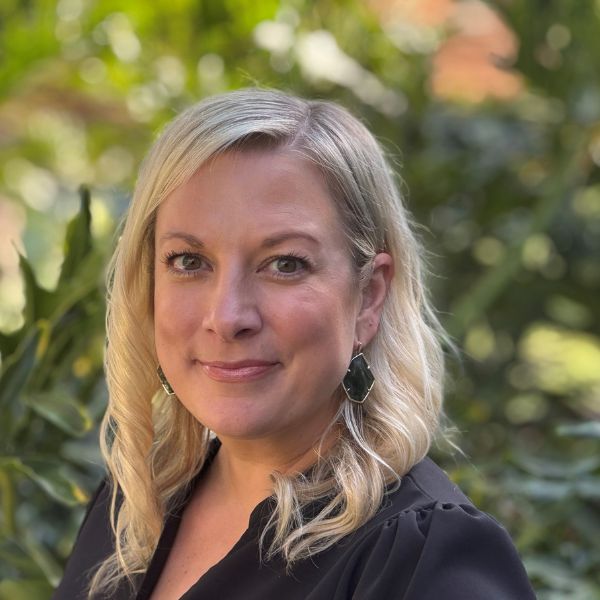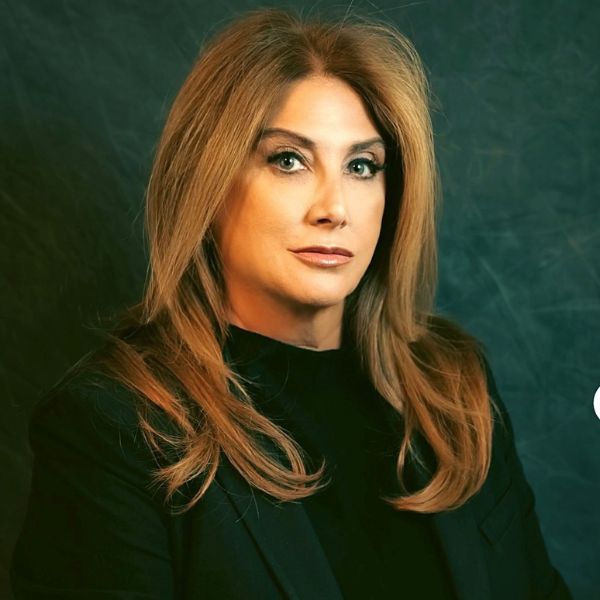Chair
Rachel Oefelein
DNA Labs International (DLI)
Rachel Oefelein is currently the Chief Scientific Officer at DNA Labs International (DLI) and Laboratory Director. Since joining DNA Labs International in 2014, Rachel was instrumental in implementing STRmix™ for five profiling systems, rootless hair shaft testing, and Next Generation Sequencing in three profiling systems. She also innovated and implemented DLI’s successful SpentShell™ technology for fired cartridge casings.




